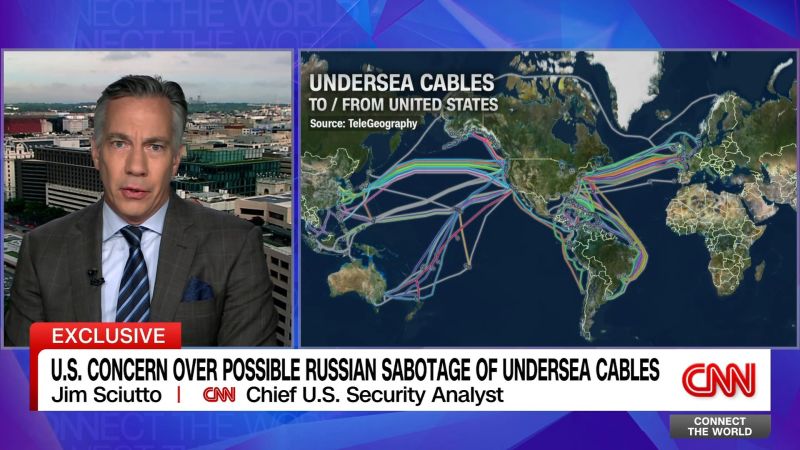
Baltic Sea Undersea Cable Disruptions Trigger Hybrid Warfare Concerns
In recent news, two undersea cables in the Baltic Sea have been disrupted, sparking concerns of possible hybrid warfare and raising questions about the vulnerability of critical infrastructure in the region. The incidents, which occurred nearly simultaneously, have raised alarms among cybersecurity experts and government officials about the potential implications of such disruptions.
The first undersea cable, the NordBalt cable, which connects Sweden and Lithuania, was reportedly damaged on Tuesday night. The second cable, the Baltic Cable, connecting Sweden and Germany, also suffered a disruption around the same time. While the exact causes of the outages have not been confirmed, experts are pointing to the possibility of deliberate sabotage or interference.
The disruption of these undersea cables is not merely a technical issue but has significant geopolitical implications. The Baltic Sea region has been a hotspot for tensions between Russia and Western powers, with concerns about Russian aggression and hybrid warfare tactics on the rise. Disrupting undersea cables could be a way to undermine communication channels and cause economic and strategic disruptions in the region.
The timing of these incidents is particularly concerning, as tensions between Russia and the West have been escalating in recent years. The disruption of undersea cables in the Baltic Sea could be seen as a provocation or a warning sign of future conflicts in the region. The importance of secure and reliable communication infrastructure cannot be understated, especially in a region where political and military tensions are high.
The incidents in the Baltic Sea serve as a wakeup call for governments and private companies to enhance the security and resilience of critical infrastructure, particularly undersea communication cables. Cybersecurity measures, regular maintenance, and closer monitoring of these vital connections are essential to prevent and respond to potential disruptions in the future.
In conclusion, the disruption of two undersea cables in the Baltic Sea has raised serious concerns about the vulnerability of critical infrastructure in the region and the potential for hybrid warfare tactics to be employed. Governments and private companies must work together to strengthen the security of undersea cables and ensure the integrity of communication networks in the face of evolving threats and geopolitical tensions. The incidents serve as a stark reminder of the importance of cybersecurity and preparedness in an increasingly interconnected and volatile world.
